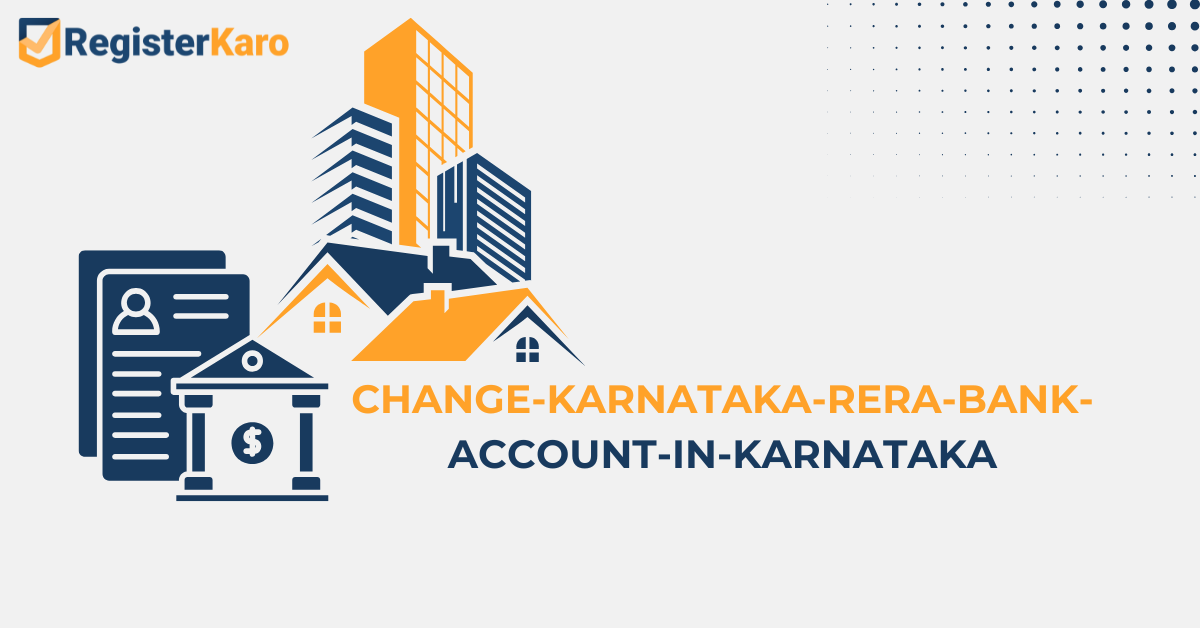
Court Marriage and Registered Marriage in India
Did you know? Over 2.3 million marriages get registered annually in India through various legal procedures. When planning to tie the knot in India, couples often wonder about which option to choose between a Court Marriage and a Registered Marriage.
The Special Marriage Act’s registration process itself solemnizes a court marriage. Under religious personal laws, like the Hindu Marriage Act, registration is the official recording of a marriage already solemnized by religious rites.
These two legal procedures serve different purposes in Indian matrimonial law. Understanding these differences helps couples make informed decisions about their wedding plans.
What is Court Marriage?
Court marriage is a legally recognized union carried out in a government setting, without any religious ceremonies or traditional rituals. It offers a simple and secular way for couples to formalize their relationship, regardless of their cultural or religious background.
Marriage Officers conduct these ceremonies by the law, making them ideal for modern couples seeking a straightforward approach.
Key Features of Court Marriage
Here are the essential aspects that make court marriage a simple, legal, and inclusive way to unite couples.
- Secular and Inclusive: Open to all couples, court marriages do not consider religion, caste, or community, ensuring equal access for everyone.
- No Religious Ceremonies: The process follows a legal format, omitting religious rites and customs entirely.
- Conducted by a Marriage Registrar: An authorized government official officiates the ceremony at a designated office.
- Backed by the Special Marriage Act, 1954: This law guarantees legal rights, responsibilities, and protections for both partners.
Benefits of Court Marriage in India
Benefits of court marriage include numerous practical advantages for modern couples:
- Cost-Effective Solution: Court marriage costs significantly less than traditional weddings with elaborate celebrations.
- Simplified Process: Eliminates complex planning requirements and reduces extensive paperwork burdens.
- Privacy Advantage: Offers discretion and avoids elaborate public celebrations.
- Time Efficient: Faster completion compared to organizing traditional wedding ceremonies.
Court Marriage Requirements and Eligibility
Court marriage requirements include specific eligibility criteria under the Special Marriage Act 1954:
Essential Eligibility Criteria:
- The minimum age for court marriage requires that males must be 21 years or older, and females must be 18 years or older.
- Neither partner should maintain existing marriages with living spouses.
- Both partners must possess sound mental capacity and voluntary consent.
- No close blood relationships or legally forbidden connections.
- Accommodates Indian citizens or mixed-nationality couples.
Documentation and Process Requirements:
- Proper identity proof, age certificates, and residence verification.
- Court marriage witnesses should be 3 adult witnesses.
- Witnesses should provide passport-sized photographs and residence verification documents.
- Mandatory 30-day public notice for potential objections.
Documents Required for Court Marriage in India
Essential documents for a court marriage include comprehensive verification requirements:
Identity Proof Documents:
- Aadhaar Card
- PAN Card
- Passport
- Voter ID Card
- Valid Driving License
Age Verification Documents:
- Birth Certificate
- Class 10th Mark Sheet
- Passport (showing date of birth)
Additional Requirements:
- Two recent passport-sized photographs per applicant
- Address proof (utility bills, rental agreements)
- Notary affidavit for marriage certificate (jurisdiction-specific requirement)
- Divorce decree (for previously married individuals)
- Death certificate (for widowed applicants)
Process of Court Marriage – Step by Step Guide
The process of court marriage involves systematic steps ensuring legal compliance:
1.Application Submission
- Visit the Marriage Registrar’s office in your district of residence.
- Submit marriage intention notice with required forms.
- Both partners must sign the notification documents personally.
2. Document Verification
- Submit all required documents (identity proof, age certificates, photographs).
- Officials verify court marriage witness credentials and documentation.
- Pay court marriage fees in India (typically Rs. 500-1,500).
3. Mandatory Waiting Period
- The 30-day public notice period begins after the application.
- Notices are published publicly, allowing legitimate objections.
- Marriage proceeds only when no valid objections emerge.
4. Final Ceremony
- Appear with 3 witnesses on the scheduled ceremony date.
- Marriage registrar confirms identities and marriage willingness.
- Sign declarations in witness presence for legal completion.
5. Certificate Issuance
- Receive the marriage certificate immediately after the ceremony.
- A certificate provides official legal proof of a matrimonial union.
This legally recognized certificate ensures rights and responsibilities as a married couple.
What is a Registered Marriage?
Registered marriage means the government officially accepts your wedding that has already happened. This process makes your existing marriage legal. Unlike a court marriage (which is the wedding ceremony), a registered marriage makes your traditional wedding official.
Registered Marriage Certificate Benefits
- A registered marriage certificate serves as official legal proof of a matrimonial union.
- Holds identical legal value as court marriage certificates.
- Essential for legal procedures, property transactions, and government services.
- Legal benefits include secured inheritance rights and hospital visitation privileges.
- Strengthens legal standing in family law matters.
How to Register Marriage Online – Step-by-Step Process
How can one cannot yet can get married digitally? The process of marriage registration online helps you with it:
1. Online Portal Access
- Visit the official state government marriage registration website.
- Create a user account with a valid email ID and mobile number.
- Select the register marriage online option from the available services.
2. Application Form Filling
- Fill out the form with personal and marital details accurately.
- Upload register marriage documents in specified formats (JPG/PDF).
- Include marriage proof (ceremony photos, wedding invitations, religious certificates).
3. Document Upload and Verification
- Upload identity proof (Aadhaar, PAN, Passport, Voter ID)
- Submit address proof and recent passport-sized photographs
- Age verification through uploaded documents (21+ males, 18+ females)
4. Fee Payment and Submission
- Pay registration fees through a secure government gateway (Rs. 300-1,000).
- Apply and receive acknowledgment with a reference number.
- Track application status through the online portal.
5. Final Verification and Certificate
- Officials verify submitted documents and the marriage’s authenticity.
- Physical verification may be required in some cases.
- Receive a registered marriage certificate within 7-15 days after approval.
Register Marriage Documents You Require
Register marriage documents include detailed proof requirements:
Marriage Proof Documents:
- Wedding ceremony photographs
- Wedding invitation cards
- Religious institution marriage certificates
Identity Verification:
- Aadhaar Card
- PAN Card
- Voter ID Card
- Passport
Additional Documents:
- Address proof (utility bills, ration cards, rental agreements)
- Two recent passport-sized photographs per partner
- State-specific marriage eligibility affidavits
- Witness identity proof and residence verification.
You should ensure all documents are original or duly attested copies to avoid delays in the registration process.
Common Misconceptions About Court Marriage and Registered Marriage
- “Court marriage and registered marriage are the same.”
- Reality: They are both legal processes but differ in purpose. Court marriage creates a marriage, while a registered marriage records an already solemnized one.
- “Court marriage is only for interfaith or love marriages.”
- Reality: Any consenting couple, regardless of religion or background, can opt for a court marriage.
- “Religious ceremonies are legally sufficient without registration.”
- Reality: While valid socially, unregistered marriages may lack legal standing in property disputes, visa processes, or legal claims.
- “You can get married in court without any waiting time.”
- Reality: Court marriage under the Special Marriage Act requires a 30-day notice period after submission of the application.
- “A court marriage is less legally valid than a religious one.”
- Reality: Court marriages carry the same legal weight as religious or traditional weddings under Indian law.
- “Witnesses are optional for marriage registration.”
- Reality: Witnesses are mandatory in both processes—typically 2–3 adults with valid ID proof.
Key Differences Between Court Marriage and Registered Marriage
While both court marriage and registered marriage offer legal recognition, they differ in process, setting, and documentation requirements.
| Aspect | Court Marriage | Registered Marriage |
| Purpose | Creates a new legal marriage bond | Validates existing marriage |
| Ceremony Required | Yes, a formal court ceremony | No, only documentation |
| Waiting Period | Mandatory 30-day notice period | No waiting period required |
| Timeline | 30-45 days complete process | 7-15 days for completion |
| Cost Range | Rs. 500 – Rs. 1,500 | Rs. 300 – Rs. 1,000 |
| Witnesses Required | 3 adult witnesses are mandatory | 2-3 witnesses (varies by state) |
| Religious Customs | Completely secular process | Accommodates all religious types |
| Online Process | Limited online facilities | Extensive online registration is available |
| Document Requirements | Identity, age, and residence proof | Marriage proof + identity documents |
| Certificate Issuance | Immediately after the ceremony | 7-10 days after application |
| Ideal For | Interfaith couples, secular preference | Already married couples seeking legal recognition |
| Legal Validity | Identical legal recognition | Identical legal recognition |
| Objection Period | 30-day public objection window | Limited objection provisions |
| Flexibility | Fixed court procedures | Flexible documentation options |
Need to register your marriage? We’re here to help you! Contact RegisterKaro and let our marriage experts guide you through.
Frequently Asked Questions
Court marriage is the actual marriage ceremony conducted legally under the Special Marriage Act in front of a Marriage Officer and witnesses. Registered marriage refers to officially recording a marriage, which could have been performed traditionally or religiously, with the government.




